Species observations held
Information reports delivered
People sharing information
Local Wildlife Sites
Counts last updated: 21/10/2022
Explore Our Work & Access Information
Access Information
We provide access to species, habitat and other biodiversity information in the North Merseyside area. Services are free to many users. Find out more here!
The majority of the information we hold has come from volunteers, naturalists and associated organisations. Shared to enable more informed and transparent conservation. Are you considering sharing information with us? Find out more here!
Volunteering
We support biodiversity related projects, wildlife recording and field and office based volunteering in our area. Find out what’s on and how you can get involved!
Validation & Verification
We feed data directly into the local development control process, strategic review and on to national and even international conservation and research as such we must have confidence in the data we supply. Review the process we use to improve confidence in data.
Data Holdings
The term biodiversity covers wide range of information on the natural environment and there are an enormous amount of unique sources for data covering species and habitat and the additional evidence this has been used to create. Explore what we hold.
Transparency & Governance
Merseyside BioBank is hosted by Sefton Council but operates across the Liverpool Combined Authority area (Liverpool City Region) and across a wide range of public, private and charitable interests. Find out more about how we’re managed here.
Latest News & Notes From The Field
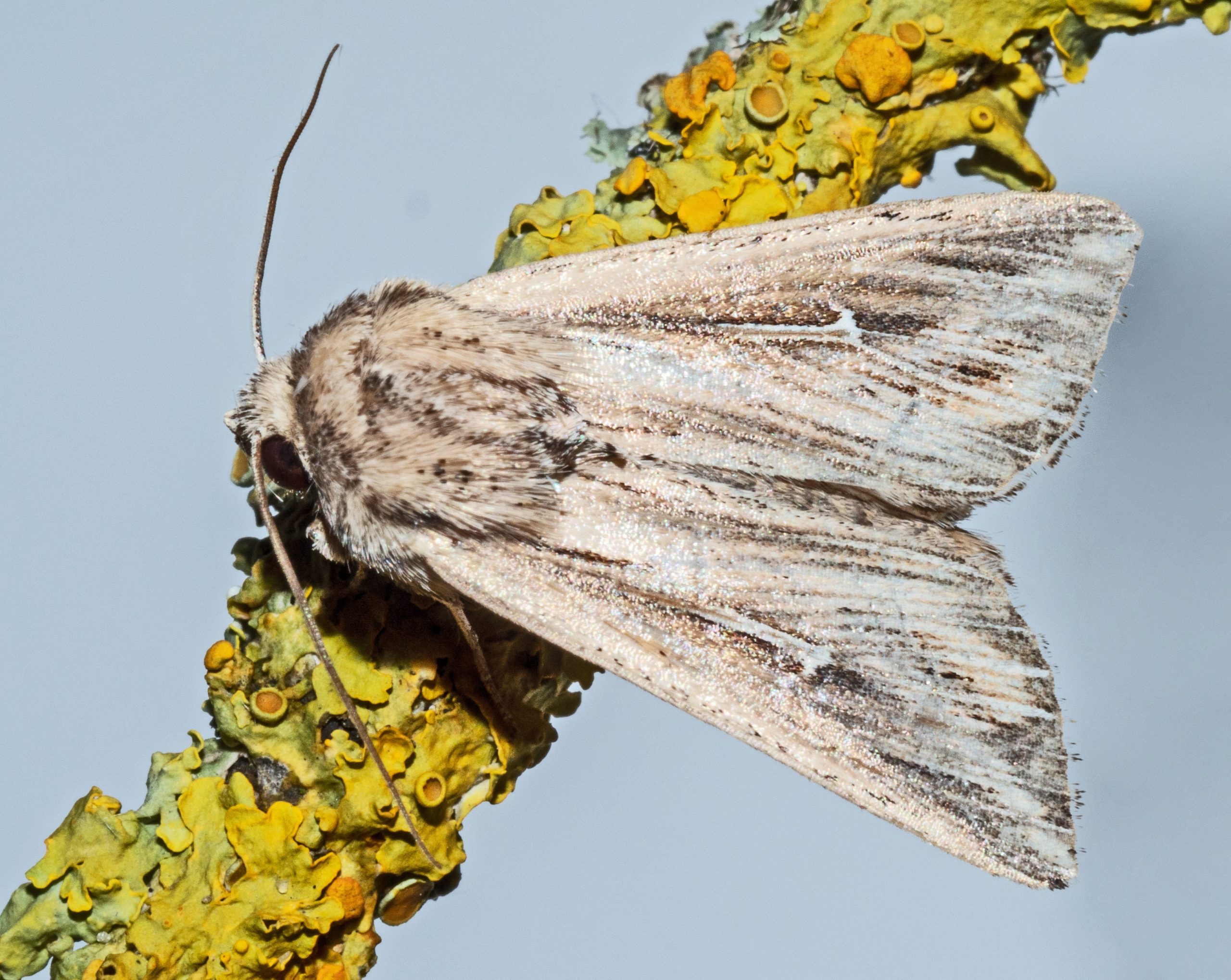
Wildlife notes October 2025
Dr Phil Smith This month was the 3rd dullest October on record and, although slightly warmer than average, it was relatively dry for a month that is normally one of the wettest. Rachael Parks recorded 82 mm of rain, which is about 20% lower than expected. Most notable were a named storm (Amy) on 3rd…
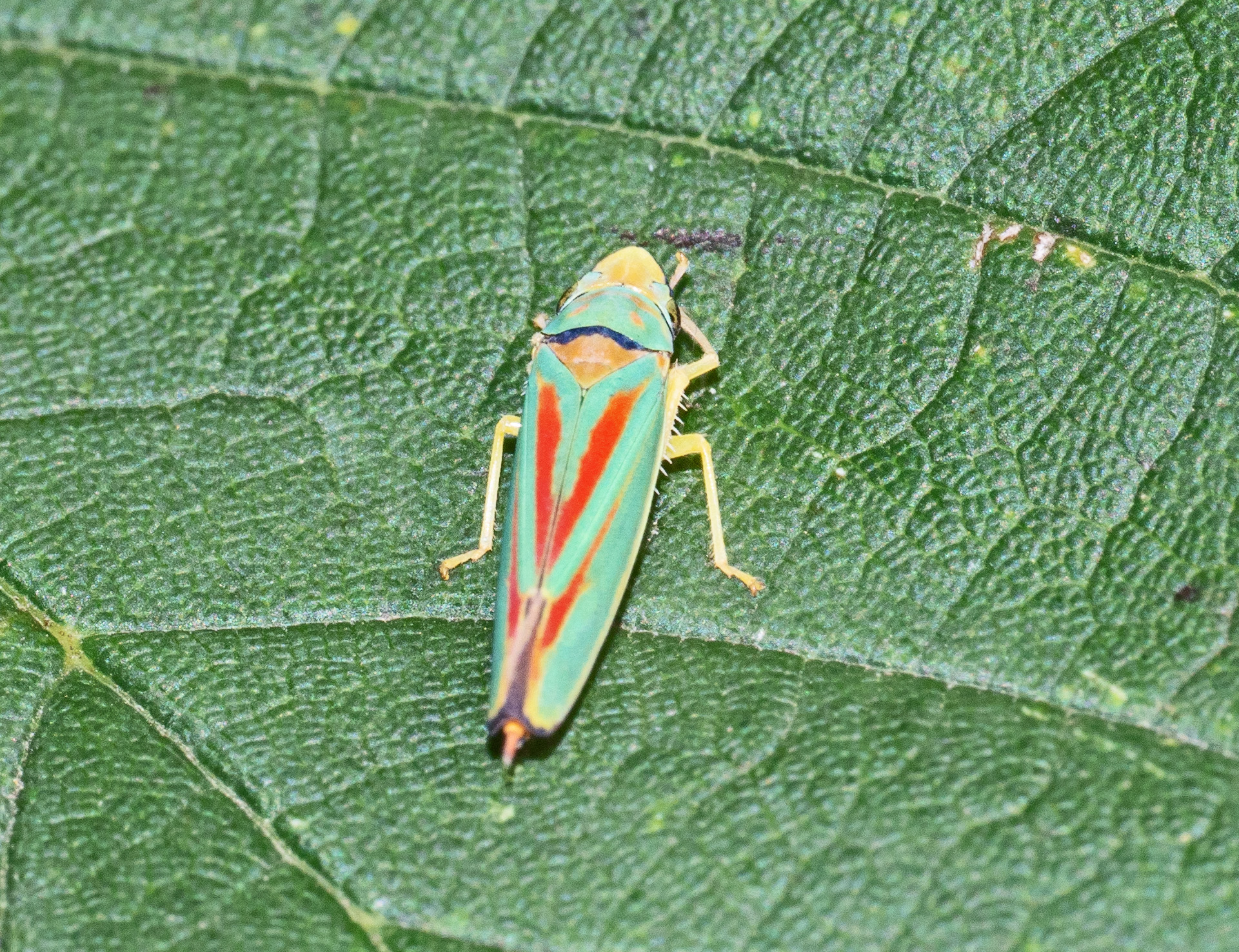
Wildlife notes September 2025
Dr Phil Smith According to the Met. Office, following on from a record dry summer, September was a wet month in the UK with rainfall in Sefton being about 50% above normal. This fits rather well with Rachael Parks daily measurement of precipitation in her Formby garden. She recorded 129 mm which is about 60%…
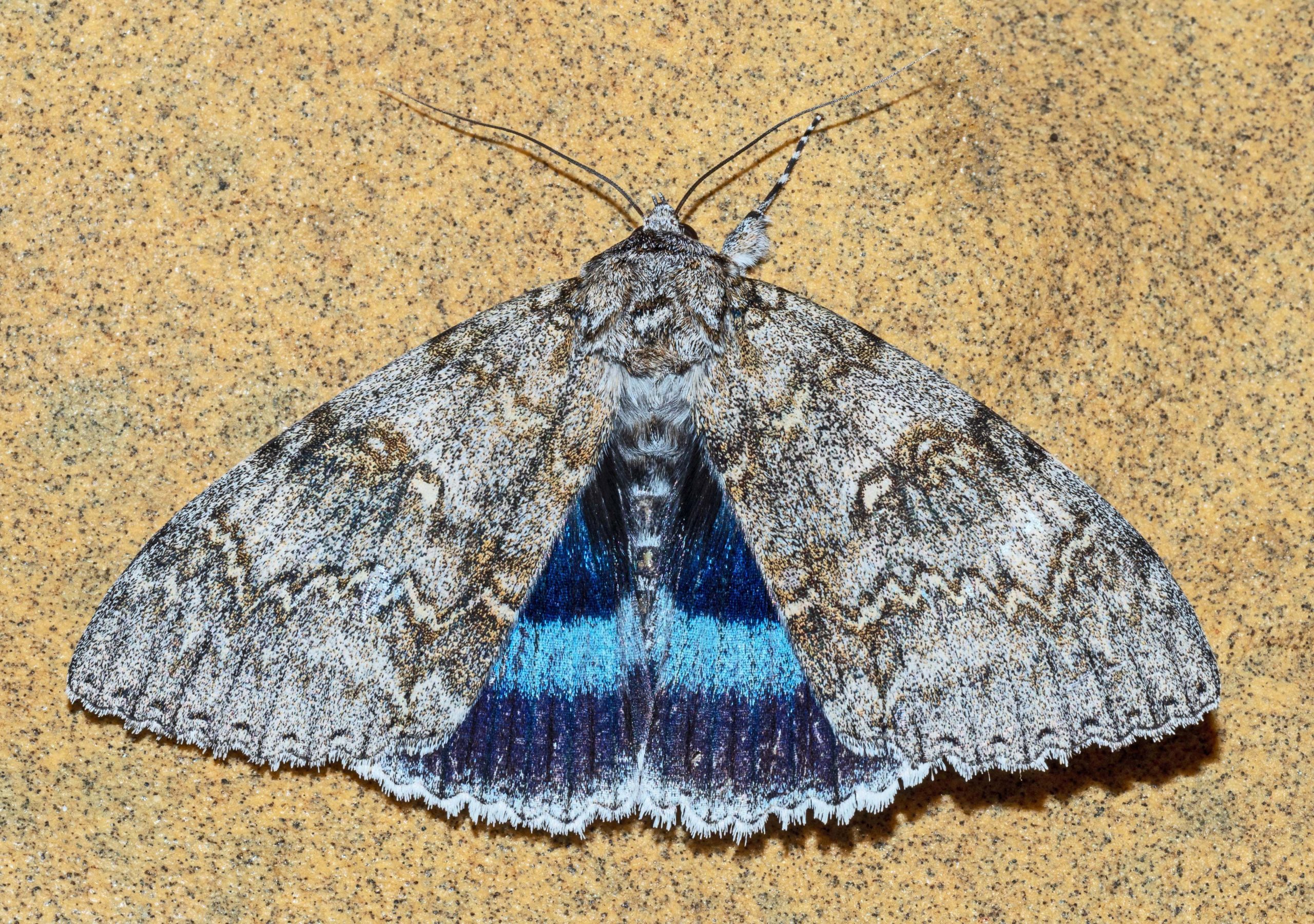
Wildlife notes August 2025
Dr Phil Smith The almost unprecedented summer drought continued throughout August, Formby receiving only 13mm of rainfall, about 20% of the expected amount. The Met. Office reported the warmest summer on record, beating even the scorcher of 1976. They pointed to high contrasts nationally, with a named storm, heatwaves and drought, all consistent with a…
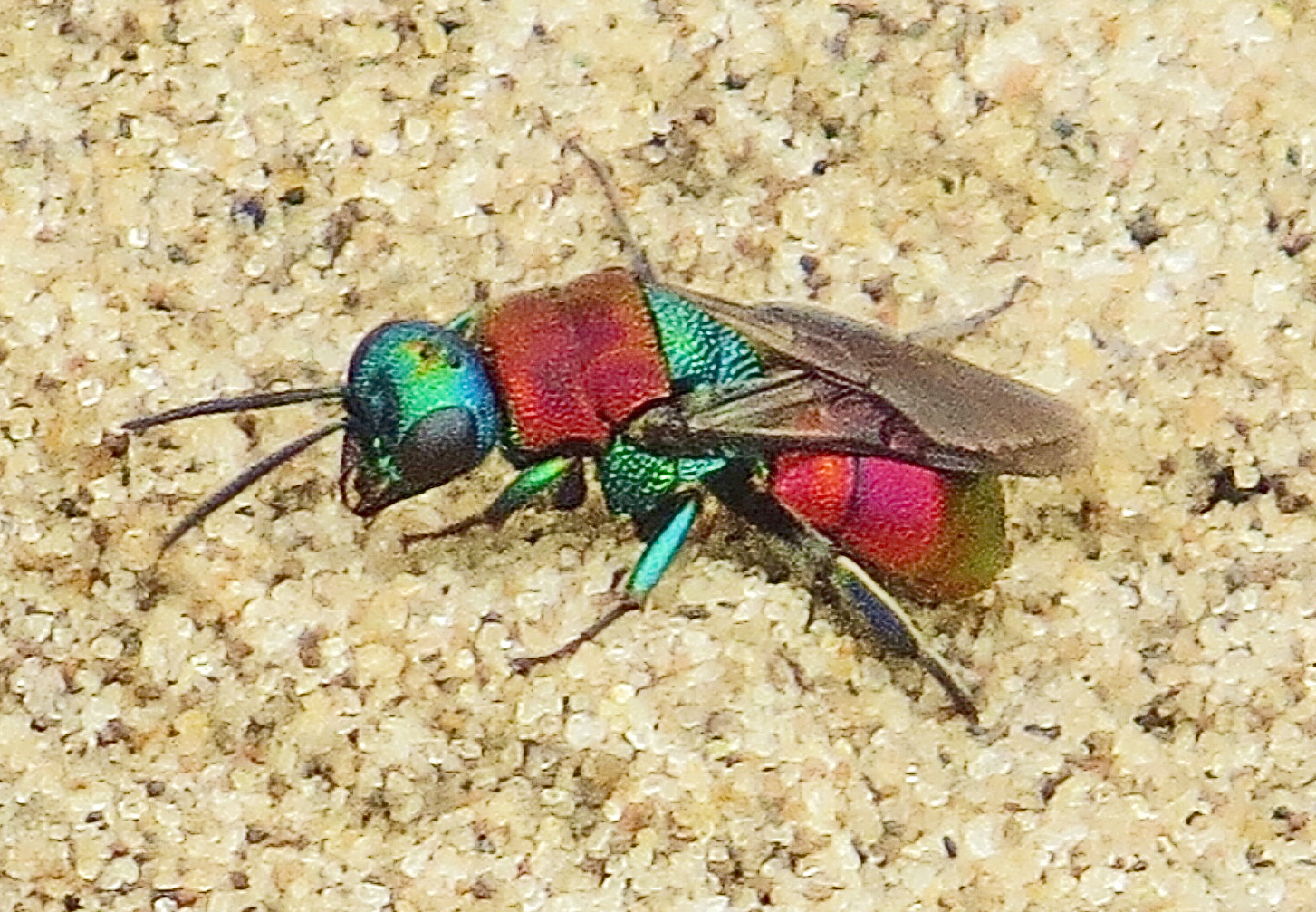
Wildlife notes July 2025
Dr Phil Smith After the much-needed rain in June, dry weather returned, Rachael Park’s Formby rain-gauge showing only about 30% of the July norm. The Met. Office tells us it was the fifth warmest July since 1884, with rainfall below average throughout the Northwest of England. So far this year, only June has seen above…
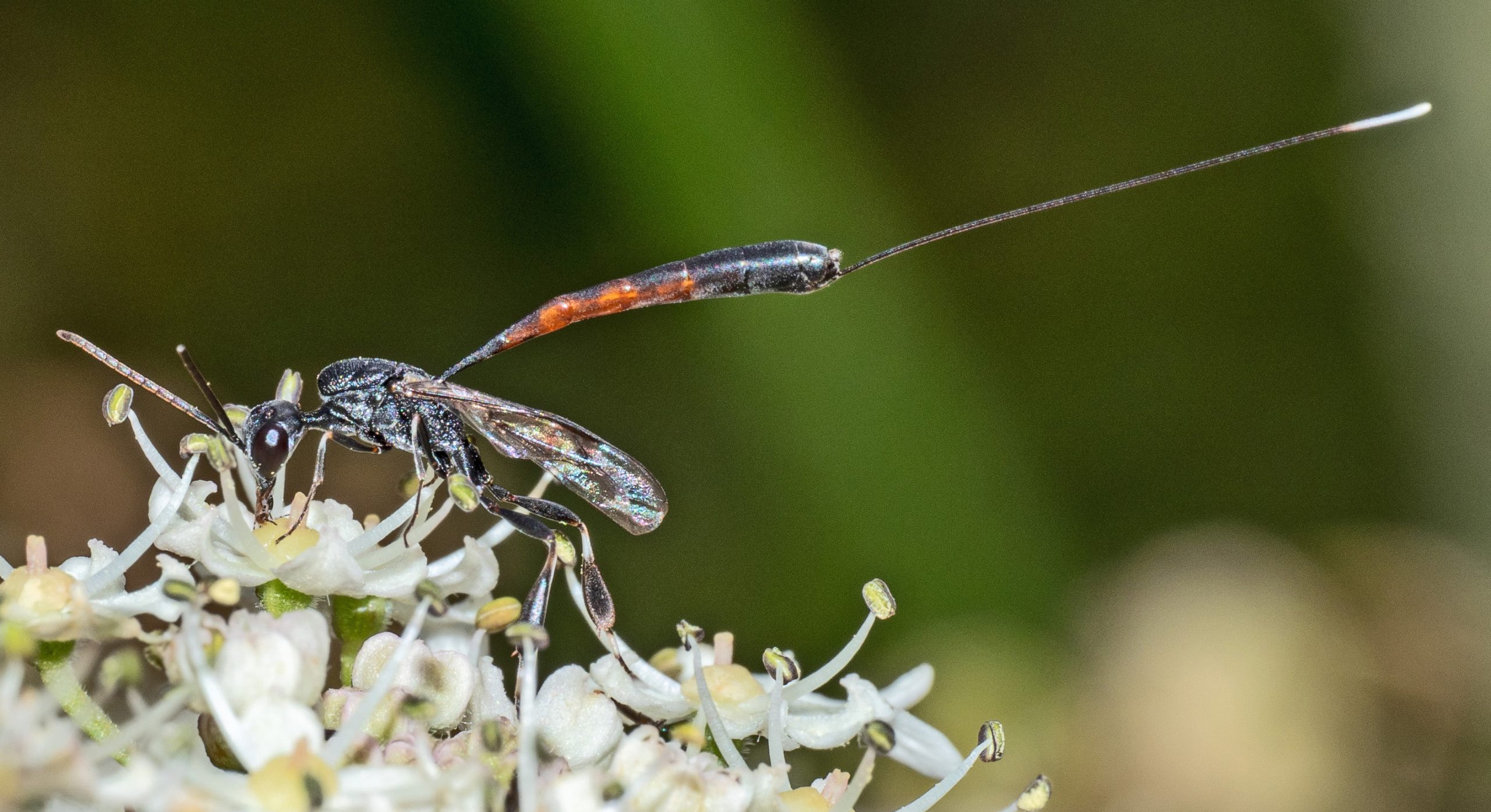
Wildlife Notes June 2025
Thankfully, the longest spring drought in living memory came to an end in June, with Formby experiencing 17 rain-days, giving a rainfall total of about 112mm at Rachael Park’s rain-gauge. This is around 40% more than the average for the month. It was the warmest June on record in England, though we largely escaped the…

Wildlife notes May 2025
Dr Phil Smith With high pressure dominating for all but the last week, May continued the dry, warm and sunny theme of February, March and April. Overall, the Met. Office tells us that the spring was the warmest ever recorded in the UK and the second driest in England. Rachael Parks measured only 42 mm…
